Concerns over sustainability and environmental friendliness are emerging as a result of the rising demand for plastic bottles. Thankfully, businesses are realizing that more ecologically friendly solutions are required. PET plastic bottles have come to light as an environmentally friendly alternative that is both long-lasting and recyclable.
We encourage the ethical manufacture of plastic bottles according to your specifications. Selecting the appropriate PET plain plastic bottle is essential whether you’re packing juice, water, tonic, shampoo, or any other product. These bottles improve your brand while simultaneously making a positive impact on a more sustainable future.
Let’s examine the How to Choose the Best Plastic Bottles for Your Business Needs
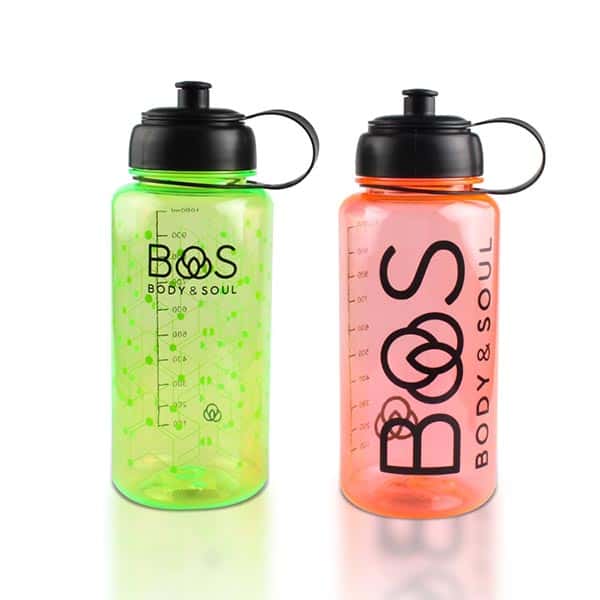
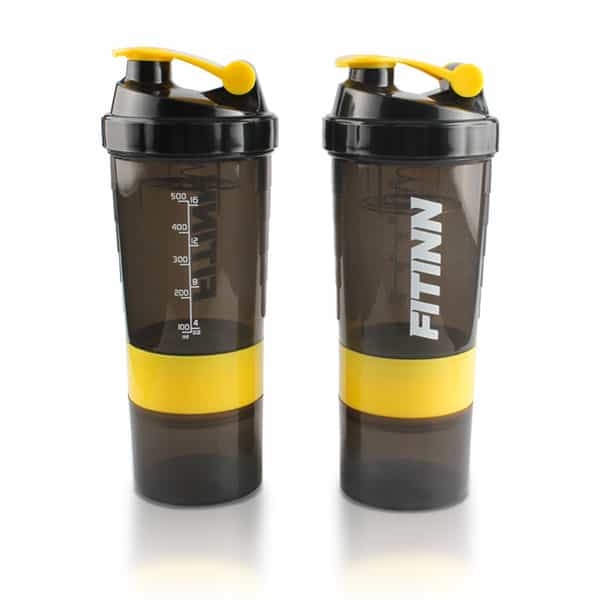
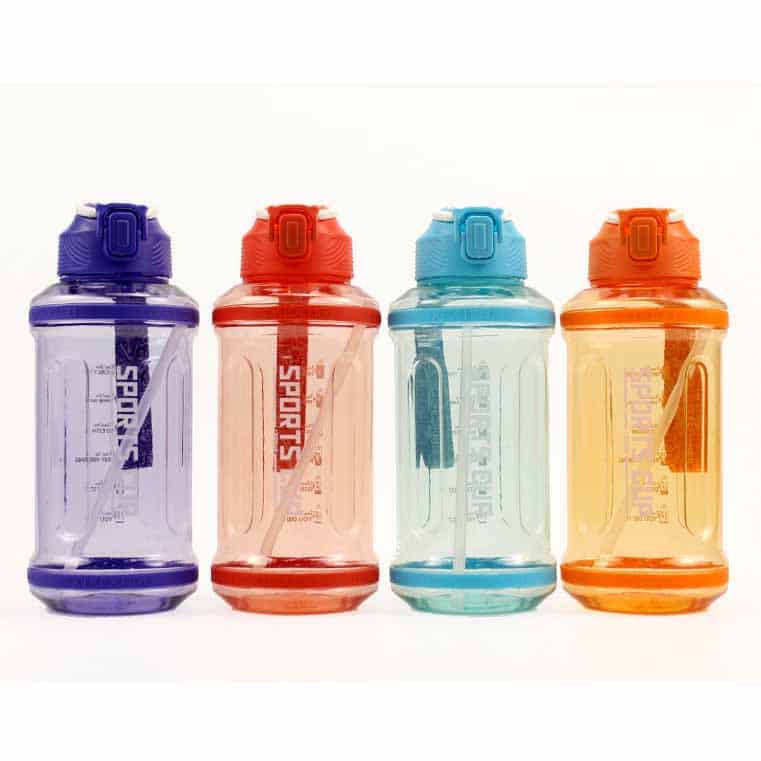
Table of Contents
ToggleWhat are PET bottles?
PET, or polyethene terephthalate, is a particular kind of plastic that is well-known for being durable, recyclable, and environmentally friendly. PET bottles are one example of this form of plastic. Products, including juices, soft drinks, water, shampoo, dressings, and other consumables, are the main items included in these bottles. PET bottles are unique in that they are very lightweight and transparent, which makes them an excellent option for practical and aesthetically pleasing packaging.
The advantages of PET bottles: An All-inclusive Guide
PET bottles are increasingly being used to package a wide range of goods because of their many benefits, which include being affordable, lightweight, and eco-friendly. Let’s examine a few advantages and provide you with some brief, in-depth guides to help you make an informed decision when buying PET bottles.
1. Transparent Look or Clarity
Business owners prefer PET bottles because of their exceptional clarity and crystal-clear look. Customers can examine the product thanks to its see-through quality, which improves its aesthetic appeal and boosts sales. PET bottles’ clear appearance draws attention to the product’s high calibre, vibrant colour, and freshness, hence boosting consumer confidence in the brand. The marketability and profitability of a company can be significantly impacted by this distinct edge.
2. Cost Effective
For business owners, PET bottles provide a number of cost-effective benefits. Their efficient manufacturing method results in decreased production costs, and their lightweight design lowers transportation prices. This results in higher profit margins and heightened market competition.
3. Different Purpose of Usage
PET bottles have several uses and provide unique advantages. Being lightweight and completely recyclable, they offer a sustainable option for those who care about the environment. Brand-conscious businesses are drawn to PET because of its transparency and durability in the beverage industry. Cost-effectiveness and design flexibility are highly valued by manufacturers of food and personal care products. Pharmaceutical businesses value their FDA compliance and safety in the interim. PET bottles provide a flexible and advantageous solution, whether you’re a customer looking for convenience or a business that prioritises affordable and environmentally friendly packaging.
4. Safety and Regulations
PET bottles are the favoured option for consumers and businesses in the food and beverage industry because they provide safety and regulatory advantages. BPA guarantees the safety of consumable products, and they have FDA approval. PET bottles are an excellent option for people who value consumer safety and product integrity because of this safety guarantee.
From the bottles we use for drinking to the ones we keep our cleaning supplies in, plastic bottles are a common sight in our everyday life. Consequently, there’s a big market for businesses that make plastic bottles. Finding the ideal company, though, might be challenging given the abundance of options. This post will provide you with a thorough overview of how to choose a plastic bottle manufacturer and explain why Sailor Plastics is the ideal option for all of your plastic bottle requirements.
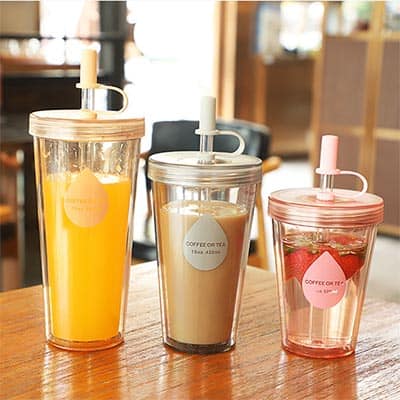
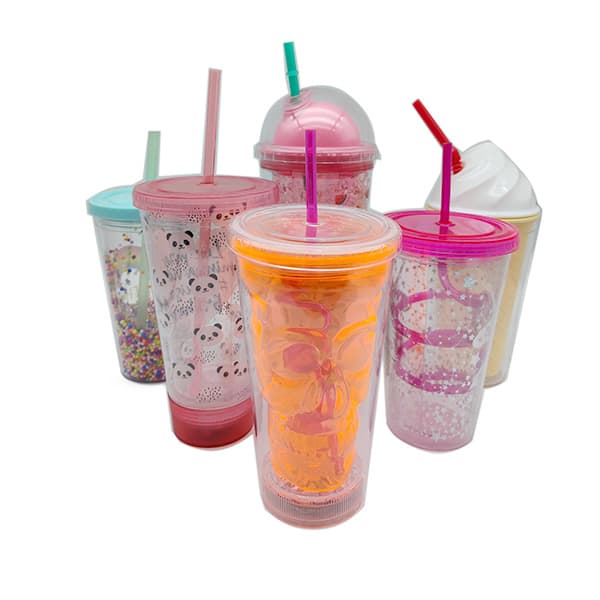
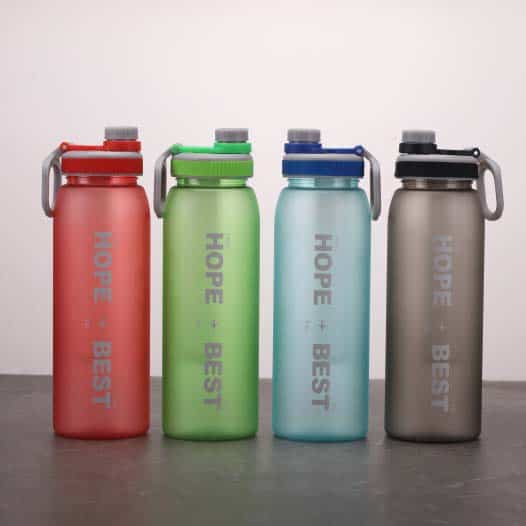
Let’s go into detail about How to Choose the Best Plastic Bottles for Your own Business
1. Durability and Quality of the Products
When selecting a manufacturing company, the plastic bottles’ quality and durability are important considerations. Ensure the goods you buy are constructed with durable materials that can resist deterioration.
2. Customization
When it comes to plastic bottles, different clients have different wants and tastes. Finding a manufacturing company that can customise products to fit your specific needs is so crucial.
Numerous customisation choices are available from Sailor Plastics, such as various sizes, colours, forms, and styles. Additionally, they offer custom labelling and printing services, which let you design a one-of-a-kind product that sticks out from the competition.
3. Competitive Pricing in a market
When choosing a plastic bottle manufacturing firm, pricing is always an important consideration to make. It’s essential to make sure you pay a fair price for superior products.
4. Turnaround Time and Delivery Terms
It is crucial to take into account a manufacturing company’s turnaround time and delivery alternatives while working with them. You want to make sure that your orders arrive on time and without any problems.
5. Shape and Size Variability
The product and the final user should determine the bottle’s form and volume. For better handling, more significant amounts might benefit from a handle, while items designed to be used on the go should be leak-proof and small. Not only does shape impact user experience, but it also impacts logistics of packing and shipment. Bottles that are square or rectangular may pack more compactly, saving on storage space and shipping expenses.
6. Convenience of Customers
The bottle’s physical layout needs to enhance the user experience. Does the bottle require two hands to use, or is it meant to be used with one? How does it fit in the cup holder of a car or a bag? The bottle’s neck and aperture should be made to make it simple to dispense liquid without spills or drips. Additionally, consider the bottle’s reusability from the standpoint of the customer. This feature can significantly increase the attractiveness of your product in a market that places a high value on sustainability.
7. Brand Presentation and Labeling
Your branding efforts should be complemented by the bottle you choose. For labels to stick correctly on some plastic surfaces, particular adhesives or printing methods may be needed. Large, flat-surface bottles may have labels shown more clearly, while bottles with unusual shapes may need labels explicitly designed for them. Make sure the bottle’s plastic is compatible with the ink used for screen printing if that is the desired outcome.
8. Industry Standards and Certifications
Make sure your plastic bottles have all the required certifications that are relevant to your industry. Certifications for pharmaceutical usage, food contact, or even sustainable manufacturing practices may fall under this category. These certifications can function as a quality indicator that you can promote to your clientele in addition to guaranteeing compliance.
9. Sealing and Closure Style
A robust sealing mechanism prolongs the shelf life of the product and guarantees its safety. If your product is moisture- or air-sensitive, consider using a bottle with an airtight closure. Child-resistant closures become essential if you work with dangerous materials or are in a market where children are the target audience. Key elements impacted by the closure mechanism are leak prevention, product dispensing control, and simplicity of opening.
10. Product Interaction and Material Selection
Beyond cost and clarity, choosing the proper material for your plastic bottles is essential. It is crucial that the material of the bottle and the product it contains interact. For example, LDPE is well known for its chemical resistance, which makes it appropriate for compounds that are aggressive. Other materials, such as polypropylene (PP), on the other hand, can tolerate greater temperatures, which is crucial if your product needs to be sterilised or heated-fill processed. Please take into account the material’s ability to withstand cracking and its permeability to gases as well; these are crucial elements in maintaining the product’s integrity and shelf life.
11. Logistics and Supply Chain
Assess the supplier’s reliability and timeliness of delivery. A provider with a strong logistics network is able to offer more dependability and adaptability. Examine the supplier’s capacity to manage unexpected surges in demand and whether they provide storage options for bulk orders. If quick replenishment is needed, a local supplier could be able to offer quicker turnaround times and more affordable shipping.
12. Environmental Responsibility and Sustainability
The problem of sustainability has several facets. It concerns the product’s whole lifecycle, not simply its final phase. Examine the energy needed to make the bottles and determine if the producer employs sustainable energy. Additionally, take into account if recycling services accept the kind of plastic you’re choosing. Getting involved with suppliers who place a high priority on lowering their carbon footprint will improve the reputation of your company and draw in eco-aware customers.
13. Customer Service
And last, your experience might be significantly impacted by a supplier’s customer service. They should be able to give comprehensive information about their products, including the best practices for storage and transportation as well as the manufacturing process. When there are flaws or recalls, the provider needs to be alert and focused on finding solutions. In long-term supplier agreements, customer service quality can be just as important as product quality.


